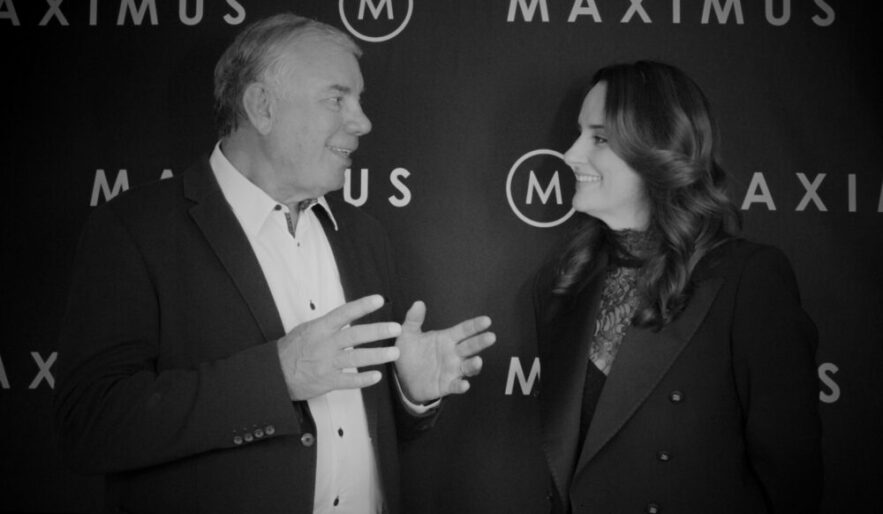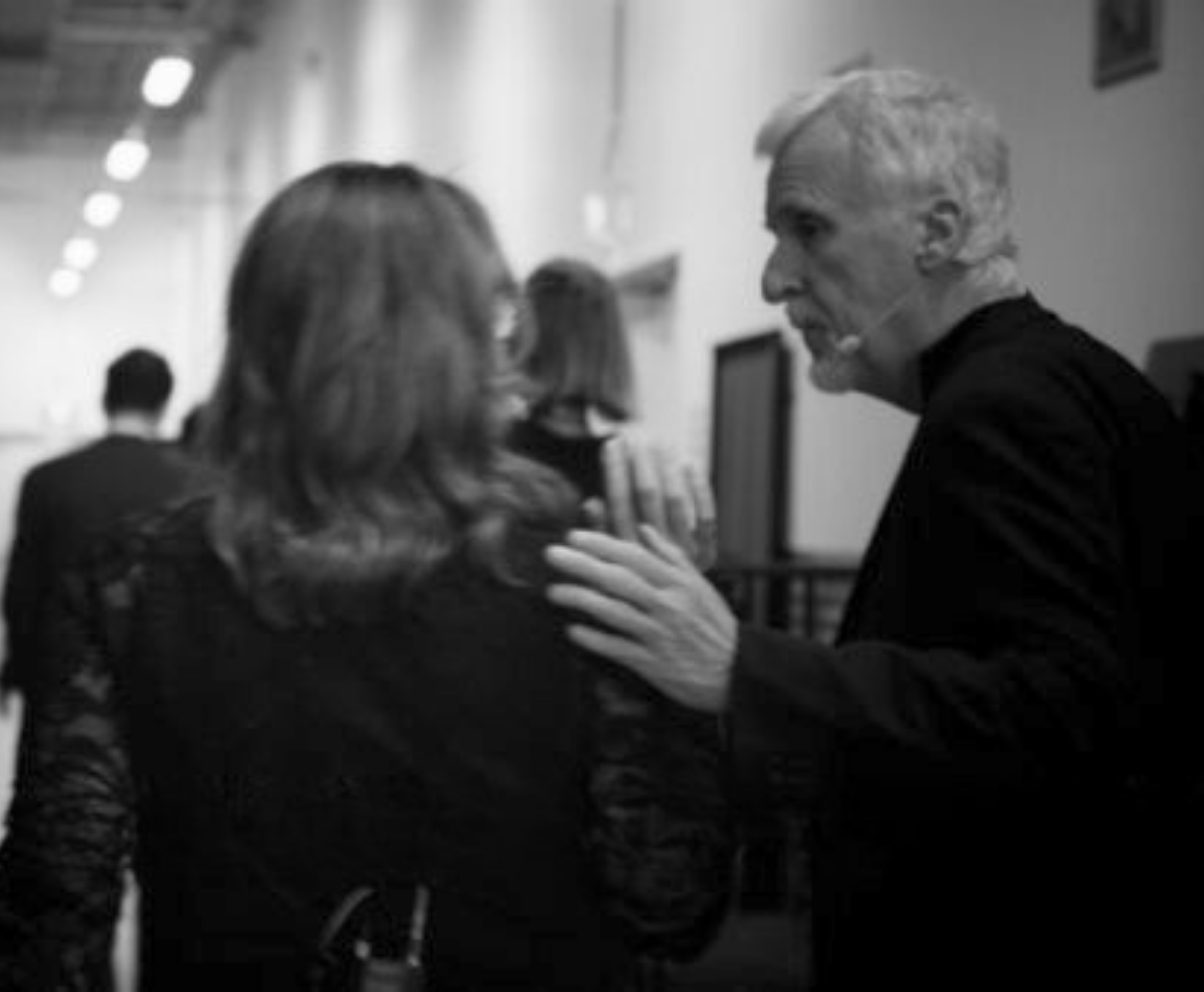The Federal Government’s first budget in office was delivered last week and unsurprisingly, media across the country have focused on ‘winners and losers’ and those things out of step with expectation. Although Australian treasurer Jim Chalmers’ overriding message to Australians was a sobering one, foreshadowing that “…tomorrow is going to be tough” and “…there is a strong risk of a recession” – the budget also offers us some important signals and opportunities for business leaders willing to ‘zoom out’ and gain a different perspective on how they lead through this next fiscal cycle.
Federal Government’s budget clearly articulated the challenges businesses and leaders are facing in terms of prevailing economic conditions both locally and globally; including slowed growth, rising inflation and interest rates, and increasing unemployment predictions. There’s ‘stress’ in the system, made even ‘sharper’ off the back of COVID. The truth is, things haven’t returned to ‘normal’ – in fact it’s more a case of facing into a new era and ensuring we evolve and progress with courage and conviction. If anything, all indicators point to headwinds of change at gale force proportion which, although challenging, also present the possibility for optimism around change.
Amidst the debate about numbers and micro-decision and policy – our Government has displayed sound thinking for those willing to take notice…
Short-term strategy is never the whole story – take stock of what’s needed now with the future firmly in your grasp.
Encouragingly, the ramp up of investment in energy, housing and the country’s skills shortage reflects the Government’s responsibility to make short-term decisions for immediate improvement. However, even more importantly is their recognition that there are longer-term changes required in their budget positioning. For example, the new National Housing Accord which sees the Government investing $350M in new homes over five years. They’ve responded to the headwinds by focusing on short-term, important wins without losing sight of their long-term goals.
What’s the key takeaway for leaders? Right now, how we engage and retain people as well as drive positive productivity within organisations amidst very real challenges is key. It’s easy, however, to focus only on the ‘immediate’ – not the strategic – especially when the payoffs of short-termism seem more tangible. As a leader, now is the time to both double down on your team’s output, but also on the things that will take you towards the right future.
In praise of the ‘apprenticeship model’ – on the job learning has never been more important to accelerate transformation.
The Government also rightly pointed out the nation’s widespread gap in skills. Post-COVID, the ‘apprenticeship model’ has come under pressure. We often view this kind of ‘on the job’ learning as taking place within blue collar organisations, but Maximus has observed the success of this type of learning within ‘knowledge firms’ too such as financial firms and consultancies. Pre-COVID, a tremendous amount of learning happened by ‘shadowing’ or ‘mirroring’ others in meetings; or simply through absorption which is made more difficult when you remove physical proximity. This way of learning has proven its benefits across all levels of an organisation, regardless of size or model. Yet “…in the knowledge economy, leaders find this traditional model taxing. The model is difficult to scale, and it also doesn’t work well as roles quickly evolve, teams become more far-flung and diverse, and learning needs continue to differ among employees.” (McKinsey)
Leaders are increasingly staying at home because they feel they’re more effective or productive there; but this has also meant that individuals simply aren’t climbing the capability and competence curve as fast as they used to. This presents a potential imbalance which leaders need to keep front of mind as they grapple with the ‘new normal’. It is not as straightforward as simply going back to the office.
What’s the key takeaway for leaders? In nature, if you put enough pressure on something; it will catalyse change. In Australia and globally, the skills crisis could very well be the catalyst we need to digitise and transform how we onboard, engage, lead and upskill our people. It’s a clarion call to reassess human practices where digital and process-driven innovation can play a role in transformation. Such programs of work should not be put on the back burner while leaders deal with more immediate challenges. They should, infact, be elevated as of even greater strategic importance. In the same way, culture alignment and leadership evolution should be prioritised in the boardroom.
The art of the pivot – spend your energy on your most important asset, your people.
Coming out of COVID, there was a degree of optimism around the future and this included Government sentiment. Reality hasn’t seen this hope come to the fore as expected, however sincere. Much like the Government’s adjusted budget, organisations too, must continue to pivot when it comes to strategy and how they approach leading their people.
What’s the key takeaway for leaders? Within a tough climate, it’s easy to revert to a ‘scarcity model’ – to batten down the hatches and look only at how to balance efficiency and cost. In reality, it’s critical to retain your energy for transformation – the ability to pivot, reinvent and reimagine takes an inordinate amount of vigour but that is where our ability to succeed will originate, even amidst difficulty and setbacks.
The Federal Government’s budget is a step in the right direction, and offers a strong illustration of taking a longer-range view of success while continuing to invest in upskilling and being brave enough to interrogate strategy on a continuous basis.
As a consultancy, Maximus has seen a heightened commitment and determination in leaders to shape their businesses for the future which is extremely encouraging. It takes conviction to turn away from the ‘immediate’ and focus on people, strategy and culture but for those brave enough to challenge the ‘status quo’, the payoffs will be worth the investment.








